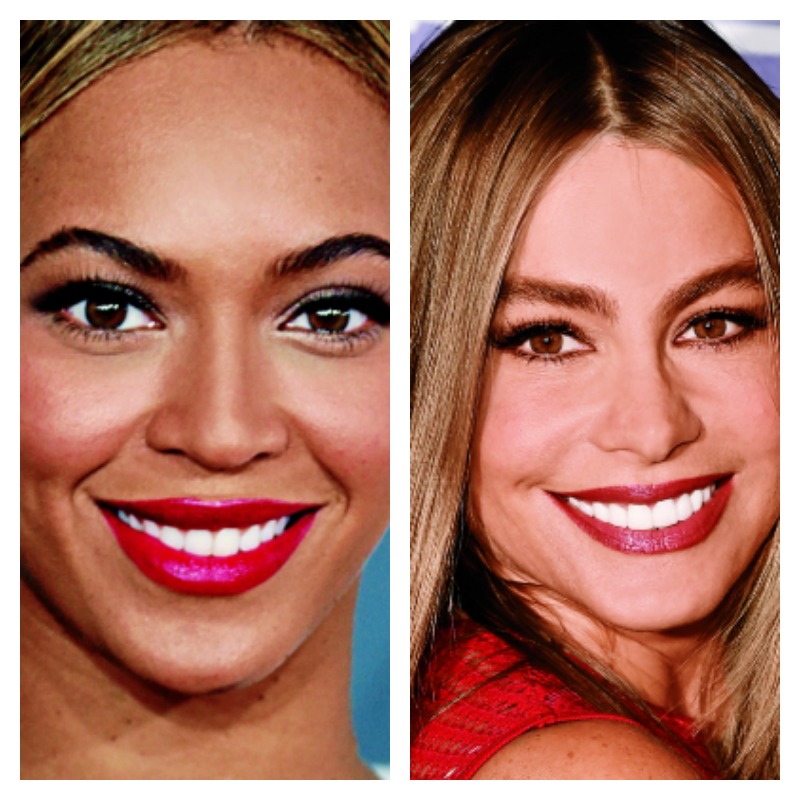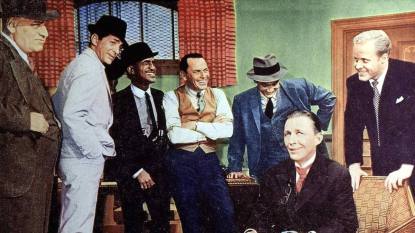Telling White Lies Means You’re a Good Person, Science Says
How many white lies do you tell a day? More than you’d like to admit? Probably, yeah, but you shouldn’t be ashamed; it actually reveals something very positive about you.
New research has shown that people with a certain personality trait are more likely to spew white lies than those who do not. According to the Journal of Experimental Psychology: General, people who tend to tell white lies are more compassionate, because they don’t want to hurt other people’s feelings.
White lies—or to call them by their scientific name, “prosocial deception”—are actually more innocuous than the word “lie” indicates. They are tiny fibs that slip into dialogue constantly, such as “Your hair looks great” or “Sorry, I already have plans tonight.” They are intended to save face and appease people, and are particularly appropriate in the workplace.
MUST-SEE: What’s Your Bedtime Ritual?
According to the research, there are two types of “prosocial deception”—one to promote positivity and encouragement and one to prevent upset. It has even been suggested that people who tell white lies maintain stronger relationships as they are concerned with encouraging the people they love by sparing them harsh truths.
Of course, telling white lies in abundance to be a people pleaser is a tad manipulative, but according to relationship expert Susan Orenstein, Ph.D., telling white lies is an act of kindness that benefits both parties, and is inevitable when building relationships with new people.
Antisocial lying, however, is on a bigger scale and should be considered completely separately. It is when someone will tell a lie that doesn’t benefit anyone but themselves and is maliciously deceiving, i.e. lying about stealing or lying about cheating on a partner.
MUST-SEE: New Study Concludes Whether Cat or Dog Owners Are Smarter
So, ultimately, lying is bad, but telling white lies (let’s call them courteous utterances, shall we?) shouldn’t make you feel guilty. After all, if your best friend is upset, you’re not going to fill her with anything but affirmations and encouragement—and whether what you’re telling her is completely true or not isn’t relevant!
This post was written by Ellie Wiseman. For more, check out our sister site Grazia.
























